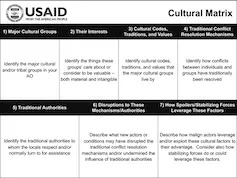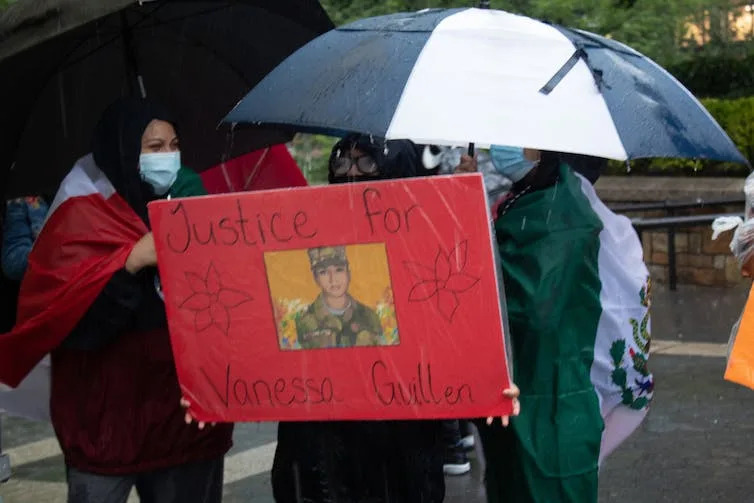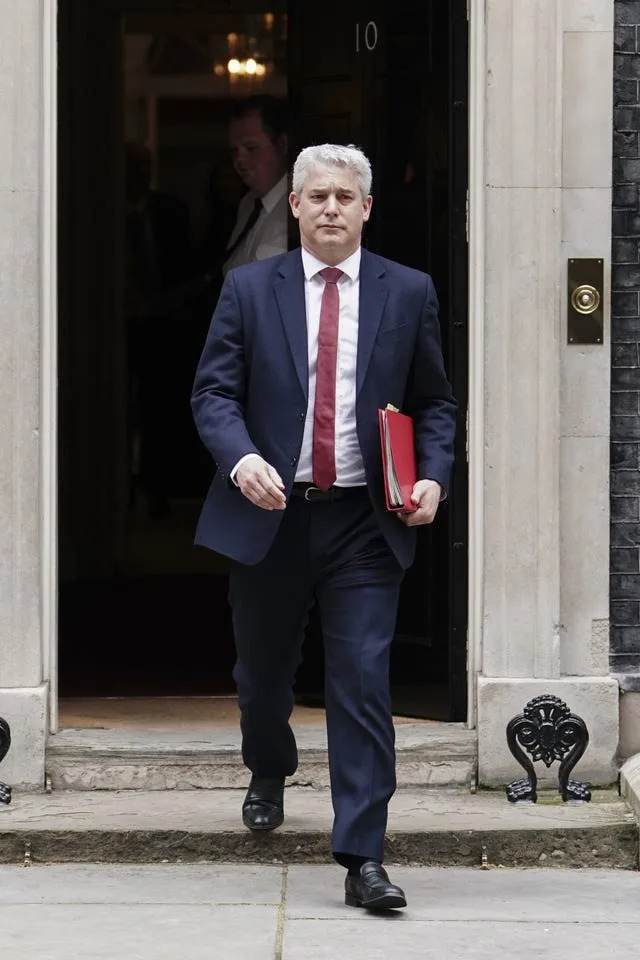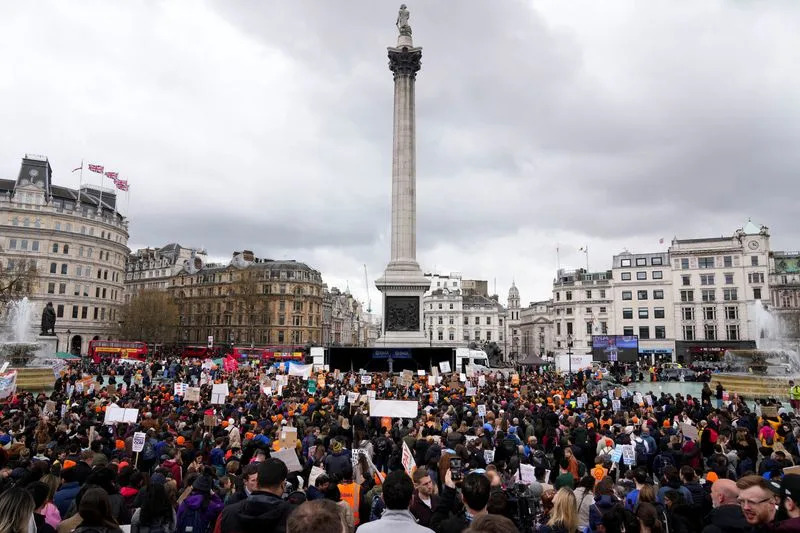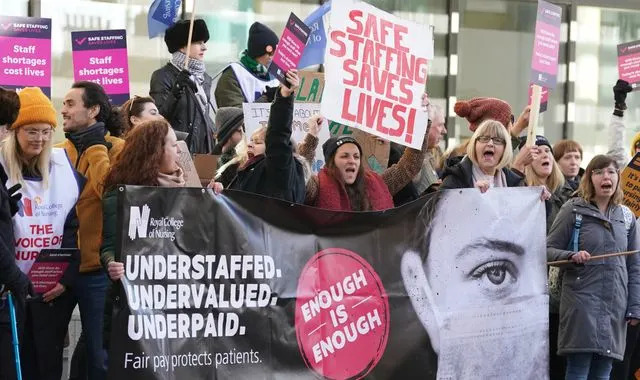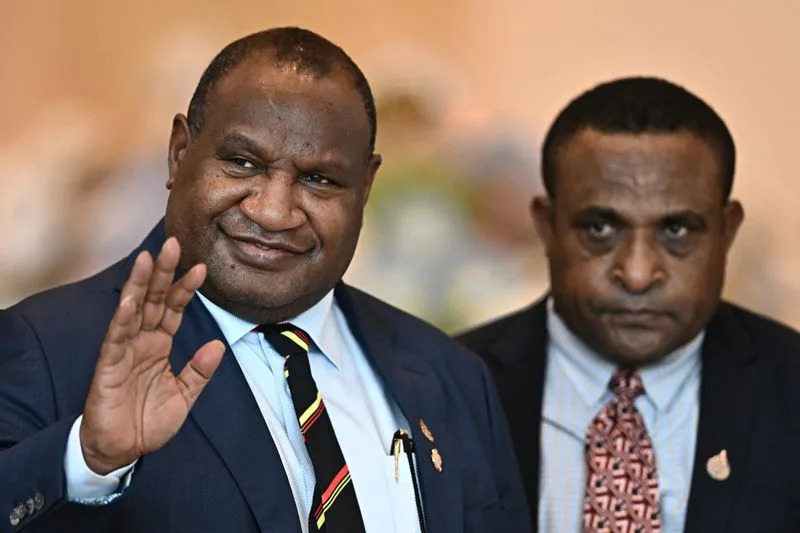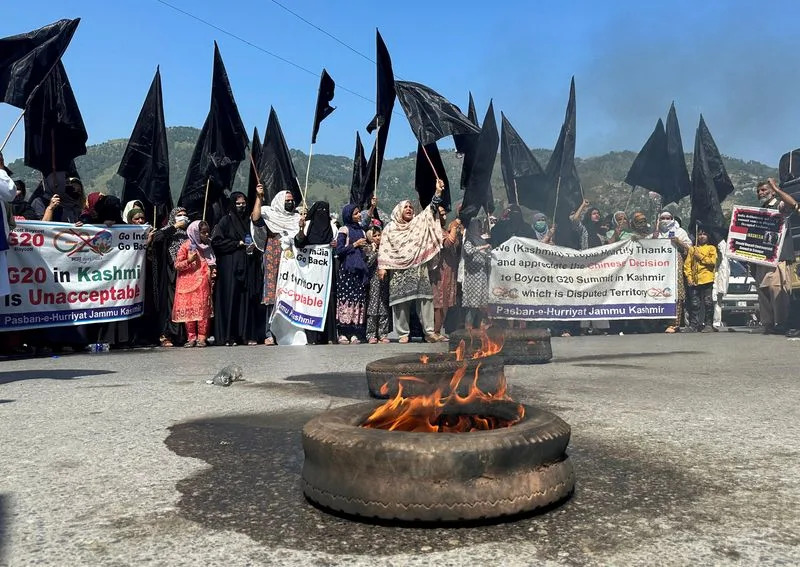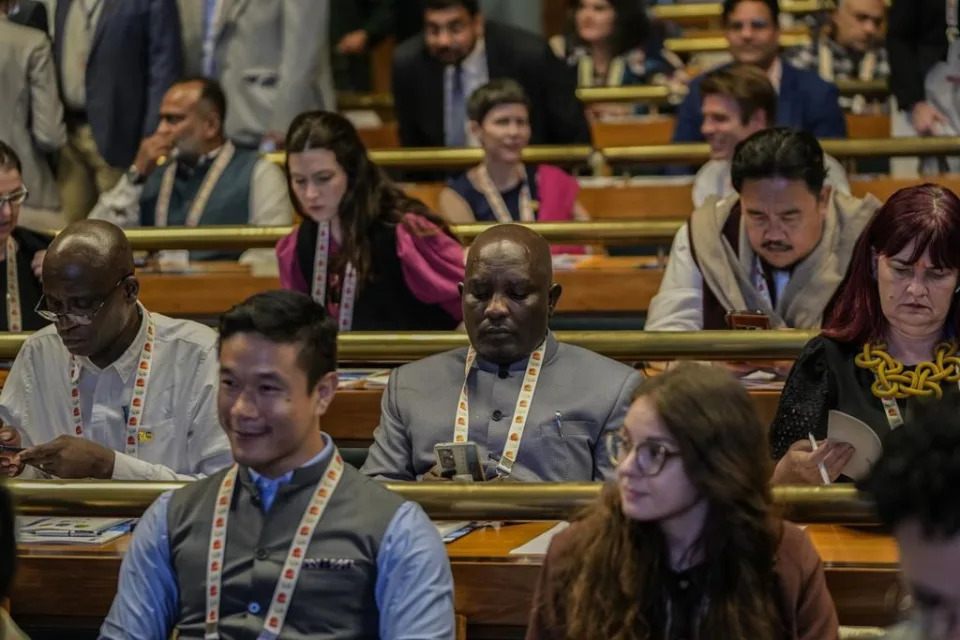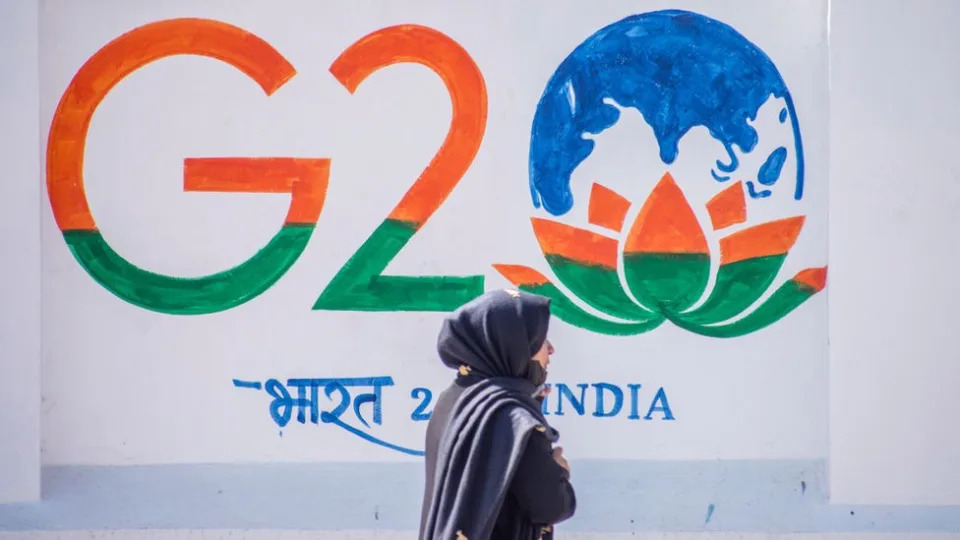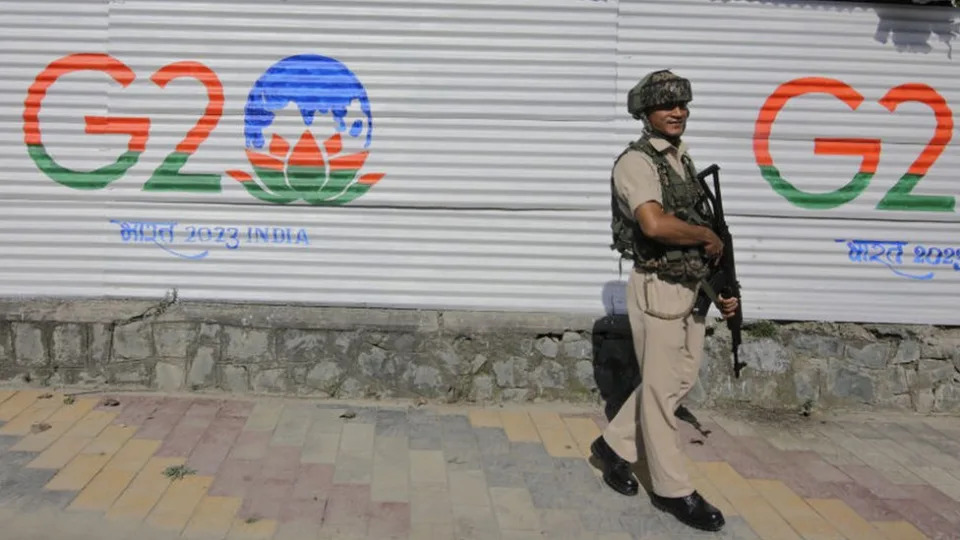Library books should not have 'unhealthy ideas': Hong Kong leader
AFP
Wed, May 17, 2023
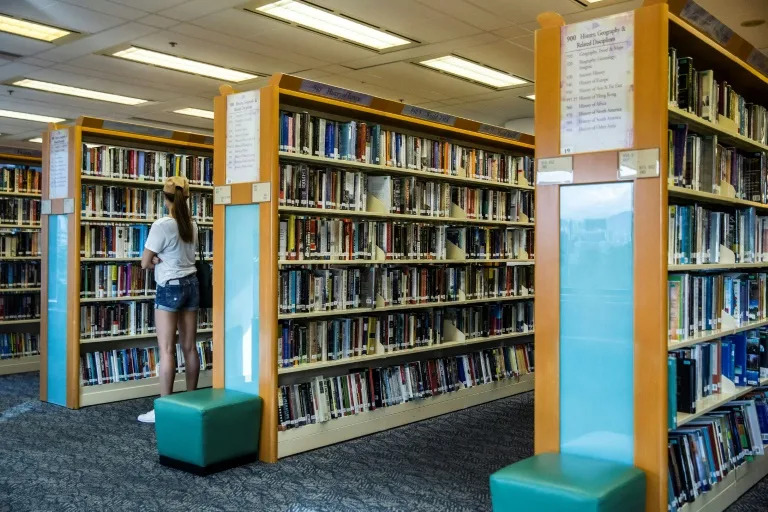
A women looks at books in a public library in Hong Kong
Hong Kong must not "recommend books with unhealthy ideas", the city's leader John Lee said on Thursday, following the removal of library books related to the deadly Tiananmen Square crackdown and other political issues.
The finance hub has undergone huge legal and political changes since Beijing imposed a national security law on the territory in 2020, silencing dissent following massive, and at times violent, pro-democracy protests the year before.
The latest measure comes after a prominent political cartoonist -- whose work often satirised Hong Kong's relationship with mainland China -- was suspended indefinitely from publishing in a mainstream newspaper, and his books were removed from the city's libraries over the past week.
The flash removal prompted Hong Kong journalists to comb the public library department's database for books on other politically sensitive issues -- including the 1989 Tiananmen Square bloody crackdown against peaceful protesters -- discovering dozens of titles were missing.
Lee defended the apparent removal of politically sensitive materials, saying the books found in Hong Kong's public libraries "are those we recommend for the residents".
"We must not recommend any books that are unlawful, that violate copyrights, that contain unhealthy ideas," he said.
"The government is obliged not to recommend books with unhealthy ideas."
The former security chief did not specify how the government defined "unhealthy ideas", nor when the books were removed, but added that residents could still find the literature "in your own way and read them".
Since the enactment of the national security law, Hong Kong has seen its autonomy eroded, despite Beijing's promise to uphold it after Britain's handover in 1997.
Room for expression of overt political differences has shrunk, with the territory's courts, legal procedures and cultural spheres irrevocably altered.
An annual vigil commemorating the Tiananmen Square crackdown had drawn thousands to Hong Kong's Victoria Park every year in a vivid illustration of the city's former political freedoms.
But it was banned in 2020, and the vigil's organisers have been charged with "incitement to subversion" under the security law.
hol-dhc/dhw/sco
AFP
Wed, May 17, 2023

A women looks at books in a public library in Hong Kong
Hong Kong must not "recommend books with unhealthy ideas", the city's leader John Lee said on Thursday, following the removal of library books related to the deadly Tiananmen Square crackdown and other political issues.
The finance hub has undergone huge legal and political changes since Beijing imposed a national security law on the territory in 2020, silencing dissent following massive, and at times violent, pro-democracy protests the year before.
The latest measure comes after a prominent political cartoonist -- whose work often satirised Hong Kong's relationship with mainland China -- was suspended indefinitely from publishing in a mainstream newspaper, and his books were removed from the city's libraries over the past week.
The flash removal prompted Hong Kong journalists to comb the public library department's database for books on other politically sensitive issues -- including the 1989 Tiananmen Square bloody crackdown against peaceful protesters -- discovering dozens of titles were missing.
Lee defended the apparent removal of politically sensitive materials, saying the books found in Hong Kong's public libraries "are those we recommend for the residents".
"We must not recommend any books that are unlawful, that violate copyrights, that contain unhealthy ideas," he said.
"The government is obliged not to recommend books with unhealthy ideas."
The former security chief did not specify how the government defined "unhealthy ideas", nor when the books were removed, but added that residents could still find the literature "in your own way and read them".
Since the enactment of the national security law, Hong Kong has seen its autonomy eroded, despite Beijing's promise to uphold it after Britain's handover in 1997.
Room for expression of overt political differences has shrunk, with the territory's courts, legal procedures and cultural spheres irrevocably altered.
An annual vigil commemorating the Tiananmen Square crackdown had drawn thousands to Hong Kong's Victoria Park every year in a vivid illustration of the city's former political freedoms.
But it was banned in 2020, and the vigil's organisers have been charged with "incitement to subversion" under the security law.
hol-dhc/dhw/sco








